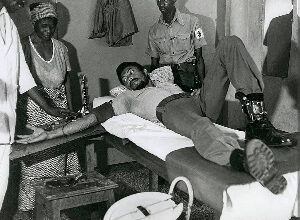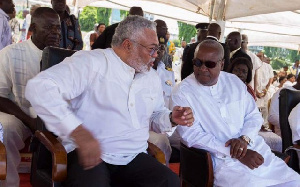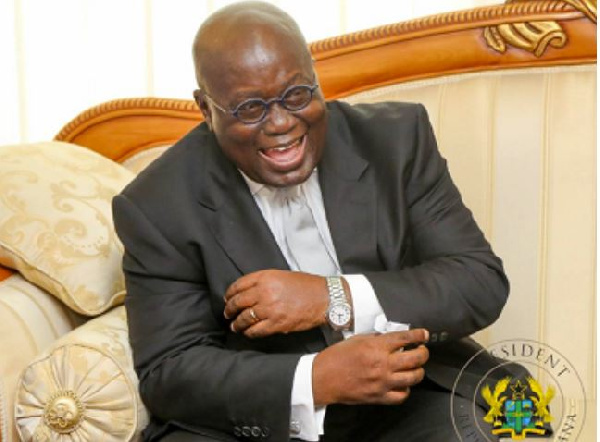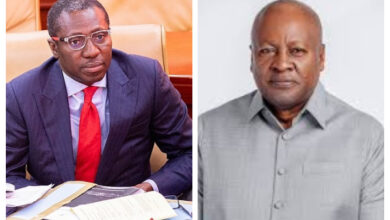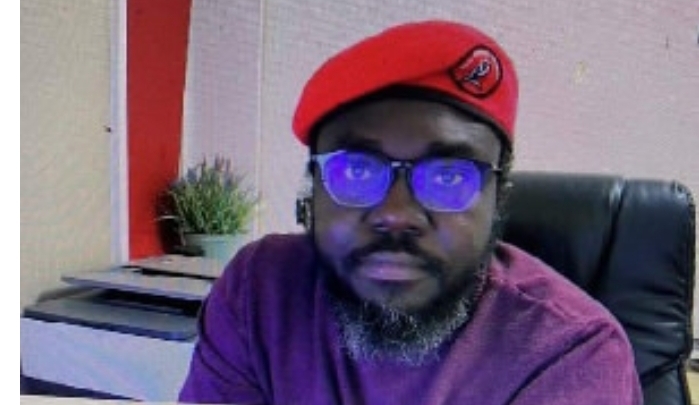POLITICS
Understanding Ghana’s Presidential Election Process: A Comprehensive Guide

Voting in Ghana’s presidential election is a crucial process that determines the country’s leader. Here’s a general overview of how Ghanaians vote in a presidential election.
To be eligible to vote in Ghana’s presidential election, one must be a Ghanaian citizen, at least 18 years old, and registered to vote. Those declared insane are disenfranchised.
Ghana uses the two-round system to elect its president. If no candidate receives more than 50% of the total votes cast in the first round, a second round is held between the top two candidates.
In addition to the presidential election, Ghanaians also vote for members of Parliament. The country is divided into 275 constituencies, each represented by a member of Parliament. The voting system for parliamentary elections is first-past-the-post, where the candidate with the most votes wins the seat.
The voting process in Ghana is straightforward. On election day, registered voters go to their designated polling stations, where they are verified and given a ballot paper. They then cast their votes by marking their preferred candidate’s name or symbol on the ballot paper.
The Electoral Commission of Ghana (EC) is responsible for organizing and supervising the electoral process. The EC ensures that the election is free, fair, and transparent.
_Recent Elections_
In the 2020 presidential election, Nana Akufo-Addo of the New Patriotic Party (NPP) won re-election, defeating John Mahama of the National Democratic Congress (NDC). The 2024 presidential election is scheduled to take place on December 7, 2024, with Mahamudu Bawumia of the NPP and John Mahama of the NDC being the main contenders.
Despite Ghana’s reputation for holding free and fair elections, there are still challenges that need to be addressed. These include voter apathy, electoral violence, and the need for more civic education.
In conclusion, voting in Ghana’s presidential election is a crucial process that requires the active participation of all eligible citizens. The Electoral Commission plays a vital role in ensuring that the election is free, fair, and transparent. As Ghana prepares for the 2024 presidential election, it is essential that all stakeholders work together to address the challenges that may arise and ensure a peaceful and successful election.
Source: Thepressradio.com|BA

